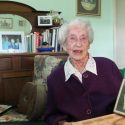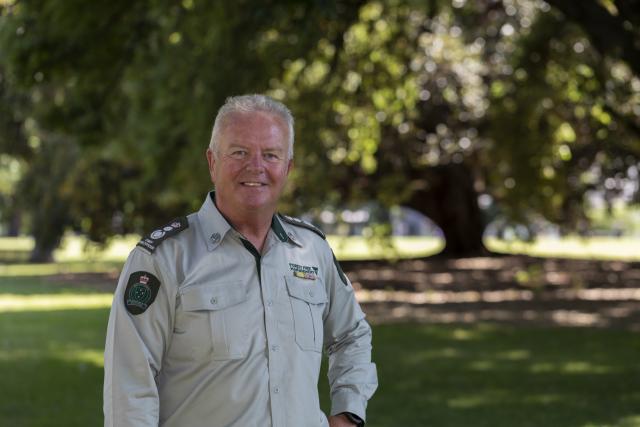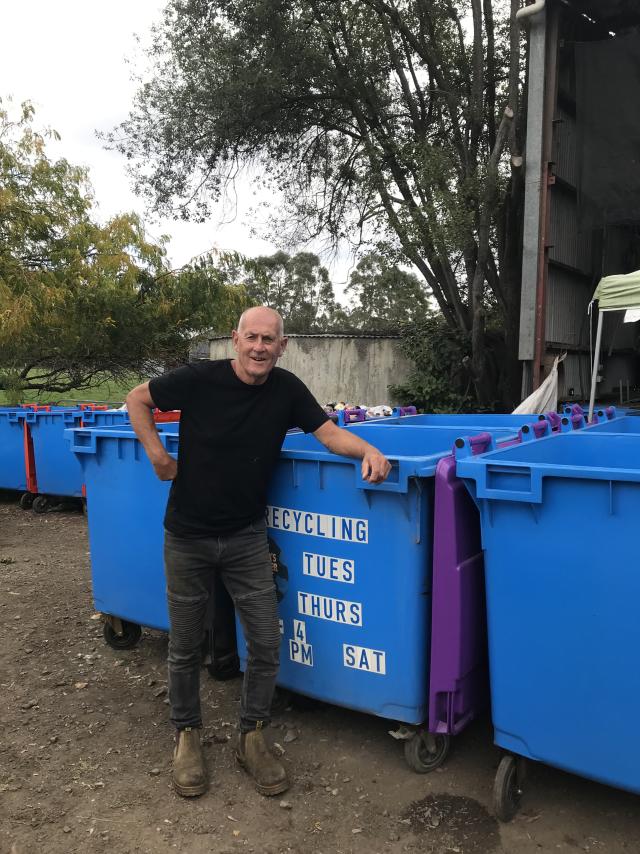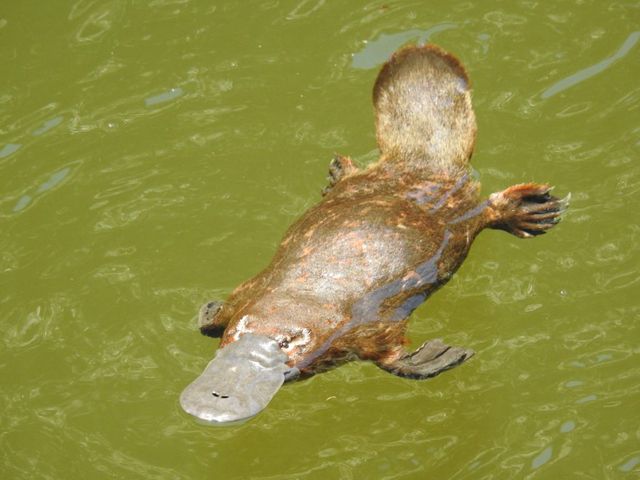At 102, Moira Burgi is on a mission to ensure that the pioneering women of Wandin are not forgotten as time passes.
Wandin district’s pioneering families are well documented through photographs, letters, official documents and other amazing collections of artefacts at Mont De Lancey Historic Homestead.
Moira’s reflections on what it meant to be a pioneer in the newly settled bushland out past Lillydale over 100 years ago, is viewed through her memories and admiration of her mother, Mary Lily Burgi.
Looking out across the orchards from her kitchen table, she points past the nearby orchards.
“Mum was born just over that hill,” she says.
Mary Lily’s parents John and Margaret Kiernan owned land on the corner of Maddens Lane and Briarty Road in Gruyere.
They had four children, including Mary Lily, Moira’s mother and the first white girl born in Gruyere
Mary Lily Kiernan would walk the two miles to the state school on the corner of Maddens Lane and Maroondah Highway.
“If oxen came along and they could get a ride, that was heaven,” she said.
Moira recalls her mother talking of the teacher who used to come across the Yarra River in a boat from Tarrawarra to the little school house.
She was undoubtedly another of the pioneering women of the late 1800s who influenced the lives of future generations, including Moira.
Mary Thynne, Moira’s grandmother was Irish and was in Australia for under a a year when she married Johann Burgi a Swiss immigrant in 1864. He became the first settler in Wandin, taking up selection on the corner of the now Burgi Hill and Victoria Roads in 1866.
“Grandfather Burgi would walk to vineyards to work and stay overnight. They had 10 children and this was all just forest then,” Moira said with a strong intonation of admiration in her voice.
In 1910 Mary Lily Kiernan married Edmund Burgi, the eldest of three brothers who had orchards in Wandin in the early 1900s. With three young children – Moira, her older brother Bernard and younger brother Edmund – they might have expected to live a happy and productive life together.
Moira was only seven when her father, a Shire of Lillydale Councillor, died suddenly of a burst appendix, leaving Mary Lily a widow with three young children to support.
“I wish I knew more,” Moira said contemplating just how her mother managed.
Her father hadn’t made a will so the probate had to go to court.
“As I understand it, the widow had to get the property but any money had to be put away until the children turned 21.
“The youngest was five at the time; there was no pension, no help at all really, not even concession on rates,” she said.
“How mum fed us I don’t know, but she did.”
The two boys went to Wandin Yallock State School but the decision was made that walking such a long way to the school would be too much for Moira so she boarded at Mount Lilydale Mercy College.
Her mum would drive the horse and jinker down to Lilydale once a month and bring her home for the weekend.
Mary Lily was struggling to pay Moira’s school fees and for a while it looked like she was going to have to leave at 14.
“Mum really couldn’t afford to keep me there but the college intervened and I went back for another year.”
At a time when help was needed on the orchard, that was a sacrifice.
Moira’s own career pathway is a credit to her and to her hard-working mother whose resilience and work-ethic was, although she says she didn’t fully appreciate it at the time, an inspiration.
At 15 Moira joined other family members working in the orchard picking cherries.
“Mum continued to work in the orchard and it was very hard work,” she said.
“There were a lot of fruit-pickers and mum always did the baking to provide morning and afternoon tea.”
She recalls that during World War 2 the government wanted to enlist her in the Women’s Land Army, but she was needed at home.
By this time Edmund was away fighting and Bernard, who had a young family of his own, worked the orchard.
Moira went on to become a mothercraft nurse working in Victoria, Queensland and Western Australia. She worked in the office of a school offering adult education in Kew and later worked for the doctors at the ‘old clinic’ in Lilydale as receptionist.
Age is just a number, as Moira points out.
“I read the death notices every day and see people 105, so I’m not the only one,” she says.
But she has had time to reflect more in recent years on the women in her family who faced and dealt with so many challenges, from isolation and hard physical work to lack of medical services and electricity.
Looking at a photo of her beautiful and resilient mum, Moira reflects on her place in Wandin’s history.
“I look at this and keep thinking of what a pioneer she was,” she says.







